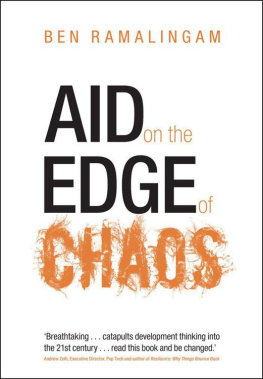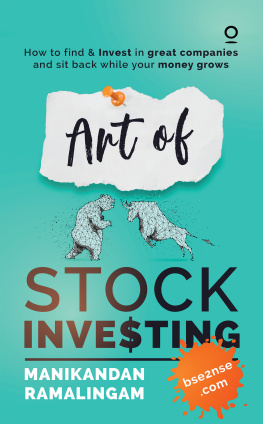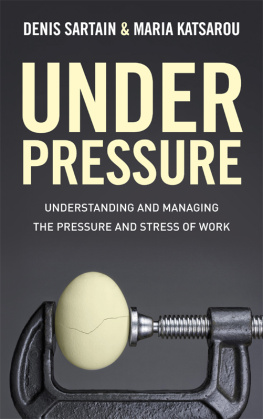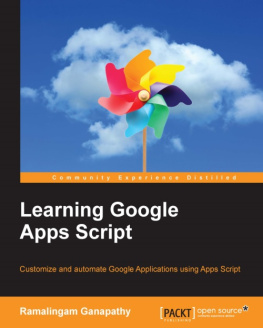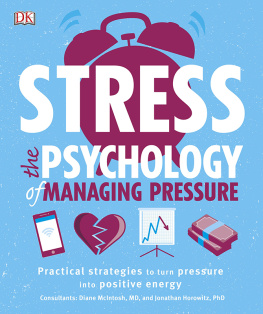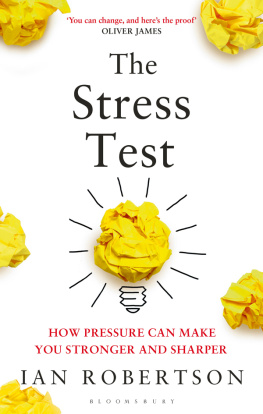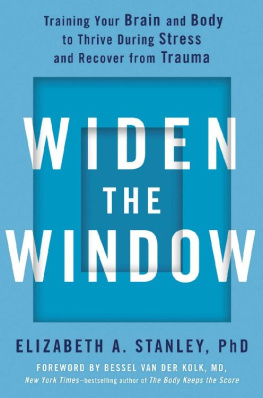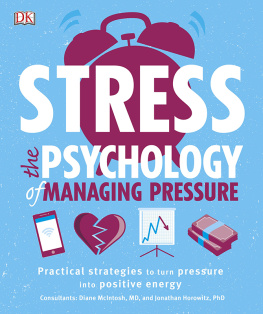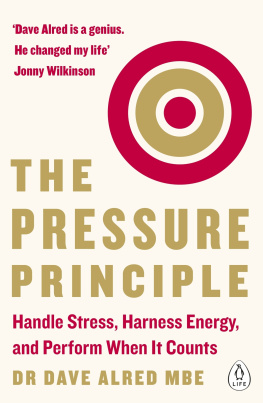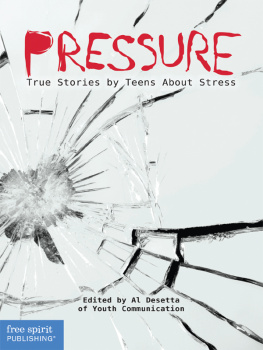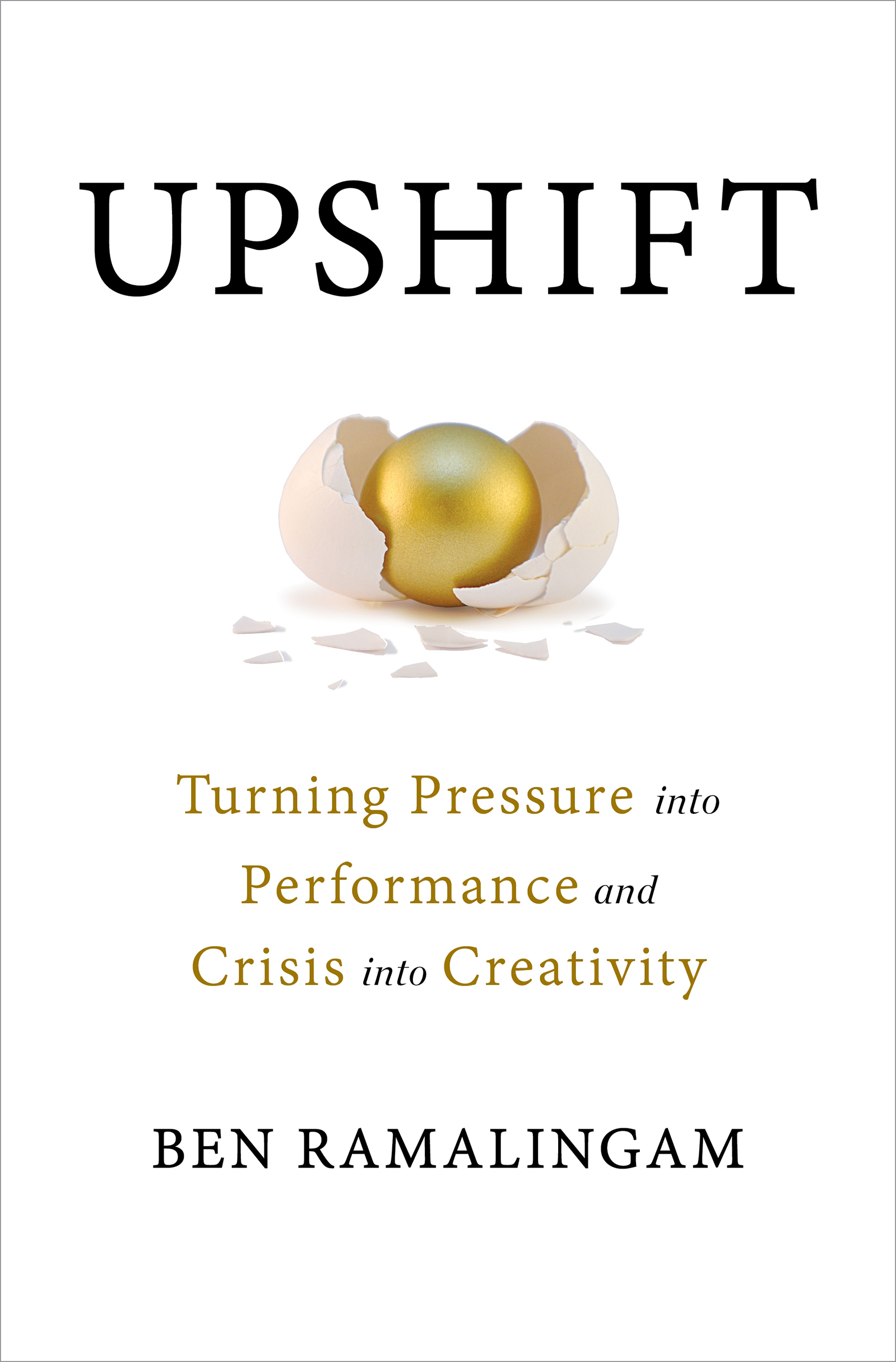Contents
Guide
Pagebreaks of the print version

The author and publisher have provided this e-book to you for your personal use only. You may not make this e-book publicly available in any way. Copyright infringement is against the law. If you believe the copy of this e-book you are reading infringes on the authors copyright, please notify the publisher at: us.macmillanusa.com/piracy.
For Koby, who still thinks this book
would be better if it were called
Innovators in a Pickle
DOWNSHIFT
. A change to a lower gear in a vehicle or bicycle.
. The triggering of the distress mode function in the brain when something is perceived as a threat, real or imagined. Associated with a neurological shift from higher cognitive processing functions into more basal regions associated with fight, flight, or freeze responses. Often associated with raised heart rates, heightened adrenaline levels, and a sense of anxiety.
UPSHIFT
. A movement of a variable to a higher level, e.g., of performance, growth, frequency.
. The triggering of the eustress mode function in the brain when something is perceived as a challenge, real or imagined. Associated with a shift into higher cognitive processing regions that facilitate novel ideas, associations, relationships, and solutions.
CLICK
Come on, thamby, Mum says. It wont be long, and we are going where we will be safe from the fighting.
Safe. It is the word that everyone uses, all the time, to explain everything. When our dog Veera wanted to come with us, I had to tell him no. But he wouldnt listen because he knew we were going. The last time I saw him, he was cowering, tail down and whimpering. Mum had to close the door because I couldnt.
We wont be safe if he comes, thamby, she had said, wiping away my tears.
When I hugged my grandmother, she whispered in my ear, This is my home and my country, and not all the stupid fighting sons and nephews and grandsons in the world will take me away from it. Remember that.
Im not fighting, I said, pulling away, stung by her inclusion of grandsons. And I never will.
She laughed then and pinched my cheek, but not hard. You will not have to, because you are going where it is safe.
Safe. We had to leave our home at night, so we would be safe. We had to go across the smelly mudflats to another house that was more safe. We had to leave townmaybe even the countryto go where it was safe. Daddy would go on ahead to make sure it was safe. We had to leave Veera behind, so we would be safe.
There were all these rules for being safe. And only the grown-ups knew them. And they kept changing them all the time. Being safe was slow and boring and meant lots of waiting. Until being safe suddenly happened very fast and was painful and scary. And then being safe was back to slow and boring.
Behind us, a young man jumps up and shouts, Katamarang!
I and the dozens of others waiting turn to the lagoon to see the barge approaching in the distance. Everyone is getting up excitedly. The barge chugs toward us, puffing smoke. As it gets closer to the dock, the mixture of steam and petrol in the air smells beautiful and free to me. The dockman starts pulling out the boarding planks.
Stay all where you are, a voice barks through a loudspeaker in English. Four soldiers in a jeep screech to a halt by the dock. Two of the soldiers get out of the jeep with rifles. They start moving through the crowd, searching people.
The soldiers pass by us and look in our bags. I can smell cigarettes on them, foul and nasty. I want to shout out, or punch out, or jump up, or run. Things are happening fast again. I want to outpace them. My mum puts an arm over me and breathes quiet words as the soldiers move past us.
Be still, thamby. Look down. Remember where we are. Dont give them any reason.
I heard about where we were on one of my last days at school. Many people had been shot dead on the lagoon. Boats full of dead bodiesmen, women, and childrenand soldiers pushing them into the water with their feet. As I look down at the surface of the water, I imagine their faces looking up at me.
The barge has a slow, gentle rise and fall, up and down with the swell of the lagoon, like it is a breathing animal. I copy it with my own breathing, like I used to with Veera, and it makes me calm.
As we file on, the soldiers stand, rifles in hand, watching us board. I dont look back at the people who are not allowed on as we cross the boarding planks. I dont think about them.
Then, once the last ones are on, the soldiers also get on the barge. The passengersmy family toomove like sheep being herded: all at once, to get as far away as possible from the soldiers and their weapons. When the barge starts moving, the two soldiers stand opposite us, taking up an entire half, while we are all jammed into the other half. Like Veera, cowering.
The soldiers start to smoke cigarettes. Even their lighters look scary. I had heard those stories too; about what soldiers did with lighters. But as they smoke, Im watching their cigarettes wobble, and I realize their hands are shaking. They are scared too. Despite the guns, they are scared.
Something in me goes click. I think: Mum is scared. The people with us are all scared. The soldiers are scared. But I dont have to be scared. And if Im not scared, neither should anyone else be. We can all feel safe.
I shake my mothers arms off and start to walk over to the soldiers from our hemmed-in group. My mum lets out a strange, terrified whisper-scream. Others in the group call me back. But I dont look back. I carry on, putting one foot in front of the other. The soldiers suddenly look up from their talking and smoking, startled to see me so close.
Can I see your gun?
They stare at me. I ask again, pointing. And they start to laugh.
I have a nephew your age, one says.
Im eight, I say.
My nephew is nine now, he replies. I havent seen him in He trails off and smiles at me.
Am I taller than your nephew? I ask.
Yes, he says, you are very tall.
The younger soldier is about to light another cigarette, and the one talking to me says, Not in front of the boy.
They look at each other and both start to laugh again. One of them reaches out and ruffles my hair. We carry on talking. Behind me I hear more talk and laughter. I look back and all I can see is my mum smiling and crying at the same time.
Everyone relaxes when they see me having fun with the soldiers. Passengers move around, talking to one another. The barge becomes more sociable, relaxed. When we all disembark, the soldiers wave goodbye to me and my family, and we carry on with our journey to safety.
Im well aware that this experience could have gone very differently. Many accounts of the brutality of the civil war in Sri Lankaat that time, in that location, on those vesselsattest to how fortunate we were. And Im not for a moment suggesting that I was somehow responsible for changing the course of events. My experiences in conflict zones since then have taught me that a single moment of empathy is seldom enough to change the orders or intentions of warring parties bent on violence.
But my childhood experience does pose several questions, and as I will show in the pages ahead, they lead to one I have explored in many different ways throughout my life: Why did I break free from my mothers safe arms? Why did I ignore the pleas to come back? What compelled me to walk up to an armed soldier and ask to see his gun?


